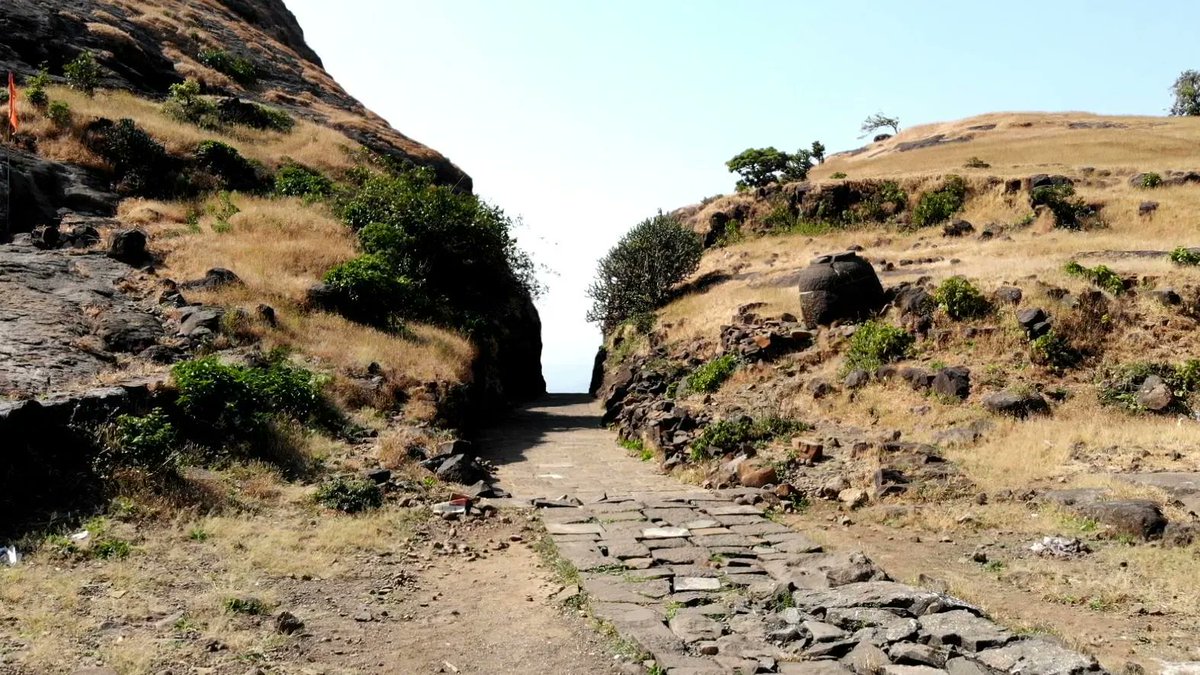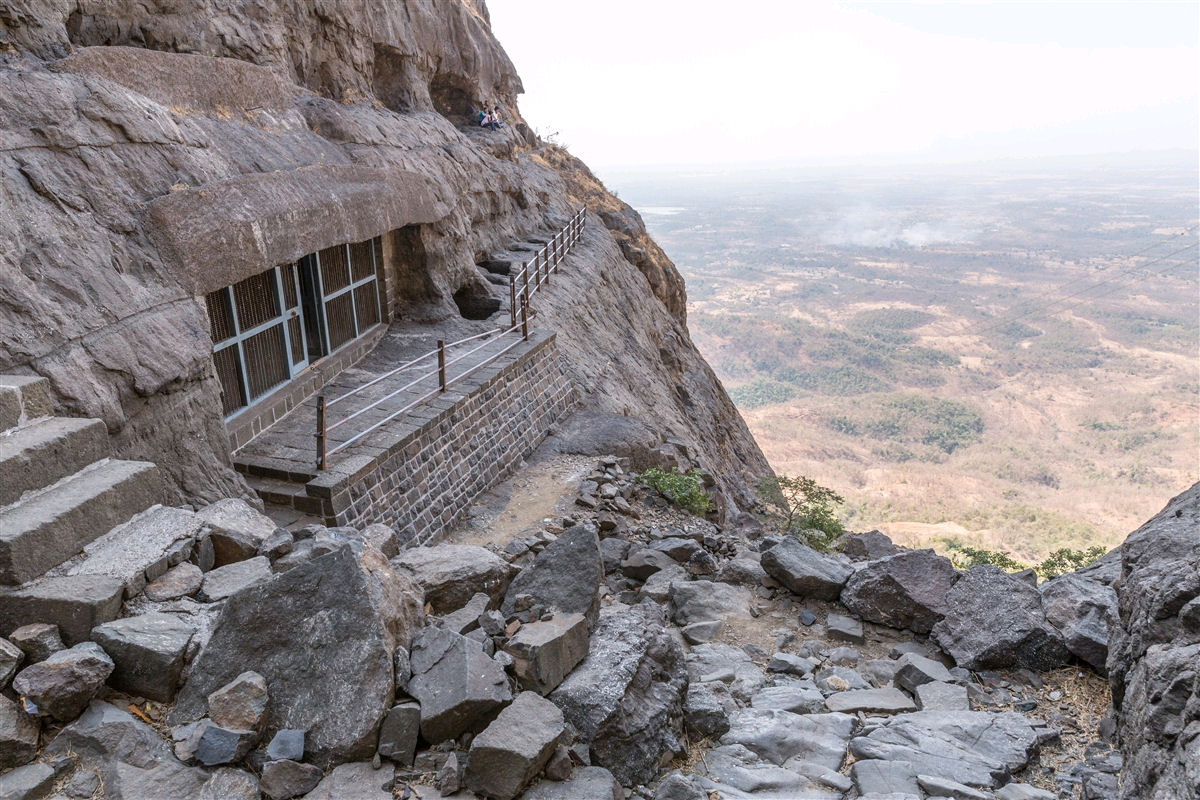What are hundreds of skeletons doing at the bottom of a lake in an icy Himalayan wasteland? When the snow melts, it pulls back a frozen curtain, exposing 600-800 skeletons, some 1,200 years old! What spooky secrets does Roopkund Lake in Uttarakhand hold? 1/5 #Archaeology 

At an elevation of 5,029 m, Roopkund Lake is very remote. One theory is that these are the remains of a King, his family and attendants, who died here while on a pilgrimage 1,000 years ago. Other theories include fallen soldiers during war and victims of an epidemic. 2/5 

The mystery deepened recently, when studies revealed some astonishing results. The deceased were from diverse ethnic groups. More incredible, they belonged to different time periods! This means they did not all die from a single catastrophic event. 3/5 

DNA analysis on 38 skeletons shows one group from South Asia, another from the Eastern Mediterranean, and one individual from East Asia. Radiocarbon dating shows that some of the dead belonged to the 7th-10th CE and others to the 17th-20th CE. 4/5 #Genetics 

The Nanda Devi pilgrimage, which passes near the lake, explains why people were travelling in the area in large numbers. Some might have died in a shower of hailstones, an event mentioned in local #folklore. We’ll just have to wait for Roopkund to be ready to tell all. 5/5. 

• • •
Missing some Tweet in this thread? You can try to
force a refresh

















